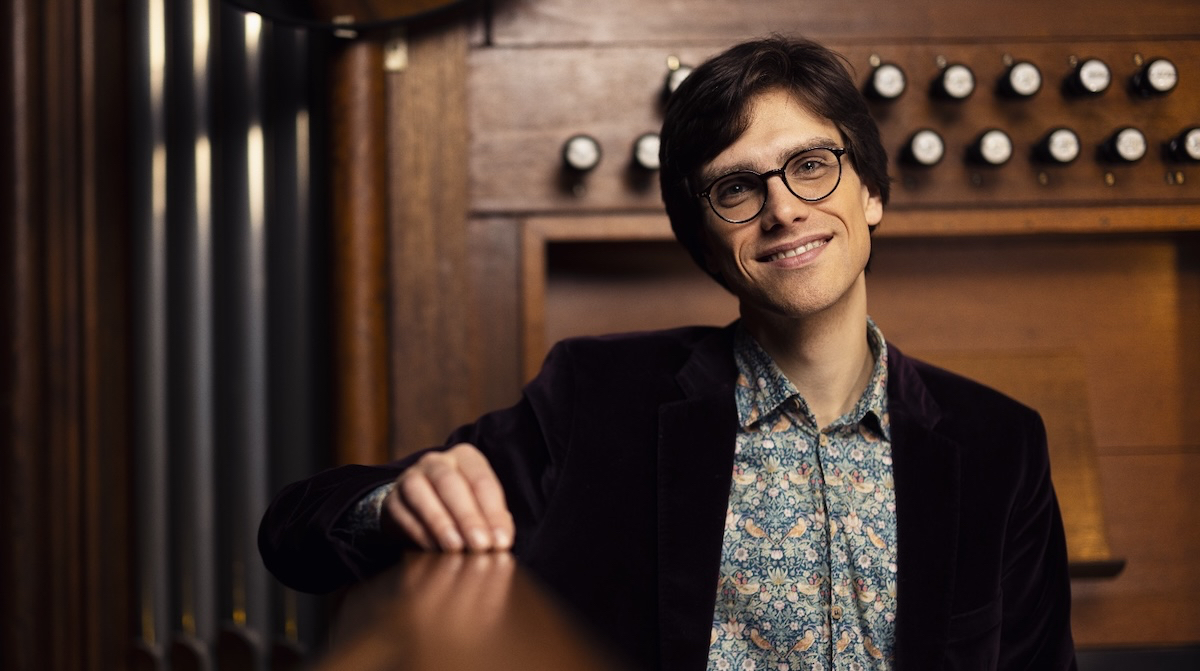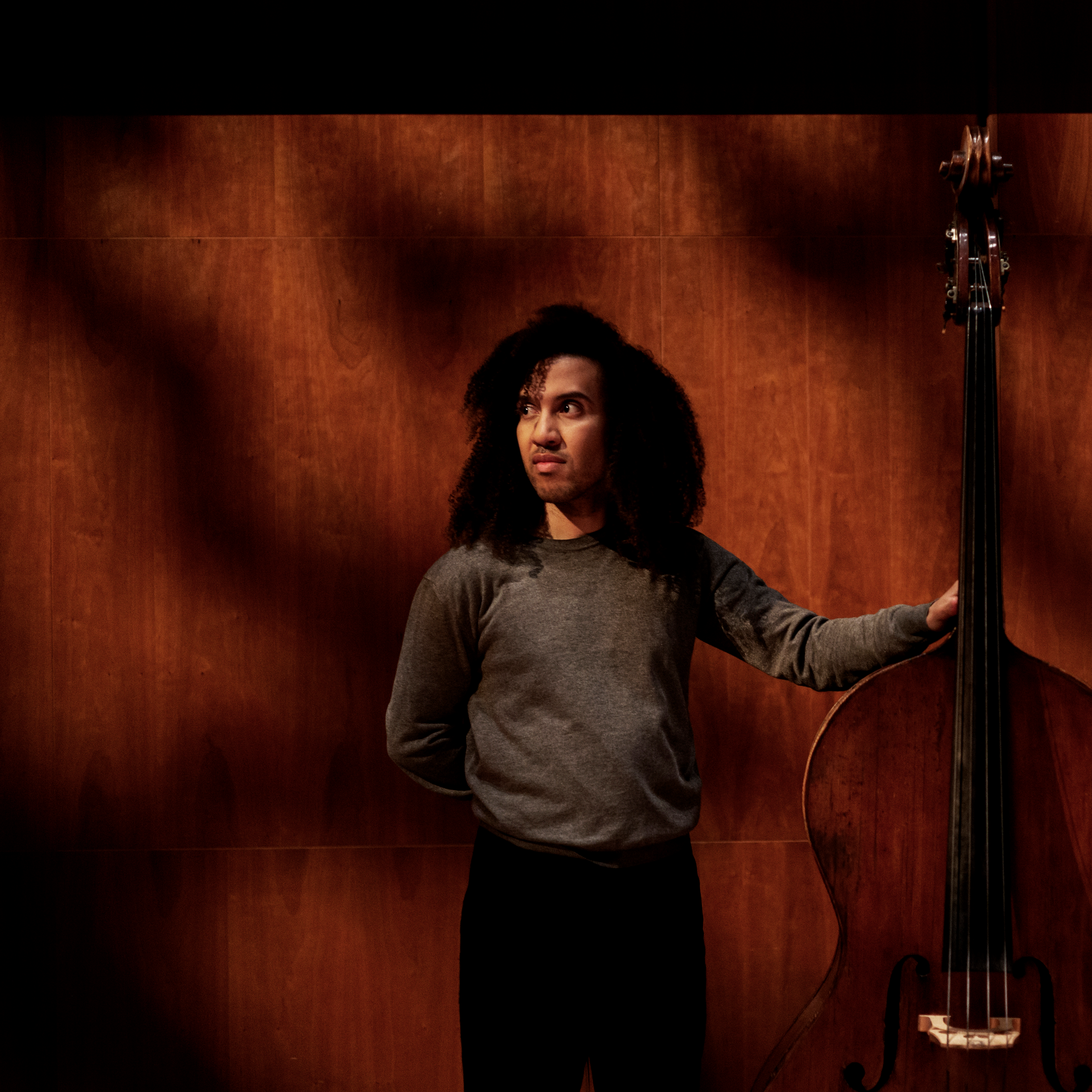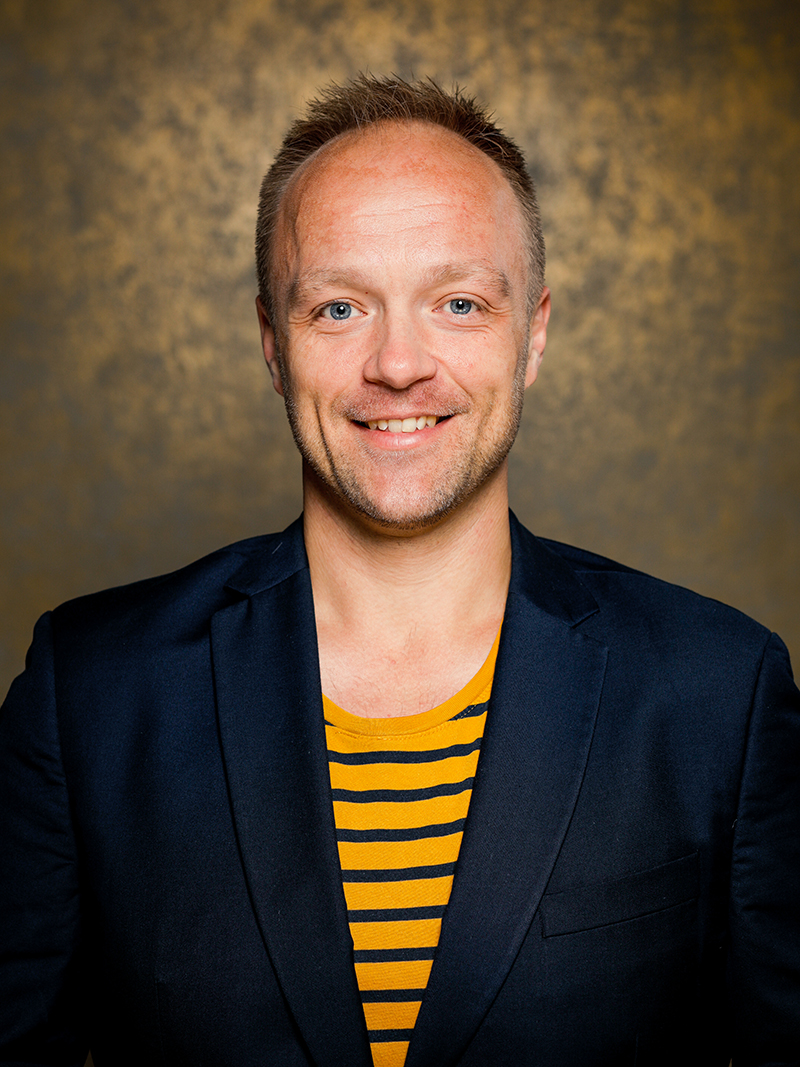Israeli/Dutch cellist Timora Rosler won the first prize at the Stuttgart International Cello Competition in 1996. In 1997 she was awarded the Vriendenkrans of the Royal Concertgebouw in Amsterdam. She was praised by the jury as follows: "Timora Rosler possesses an engaging talent, intimate expression, virtuosity and a natural feel for the composition. Her interpretation is exceptionally fascinating." A year later, she won a special prize for her interpretation at the XI. International Bach Competition in Leipzig.
She has performed at numerous music festivals, including Ravinia, Aspen, Banff Centre for the Arts, Cello Biënnale Amsterdam, Manchester Cello Festival, International Musicians Seminar at Prussia Cove, Francigena International Arts Festival, Holland Music Sessions, Pro Festival in Rolandseck, Cello Festival Zutphen and Gaia Chamber Music Festival in Thun. Rosler has been heard in concerts in Europe, the United States, Canada, Argentina and Israel.
As a soloist, she has performed with several orchestras, including Flemish Radio Orchestra (led by Martyn Brabbins), Philharmonia of the Nations (led by Justus Frants), Janácek Philharmonic, Grazioso Chamber Orchestra of the Hungarian National Philharmonic, Slovak Sinfonietta, Donetsk Philharmonic, National Symphony of Ukraine, Israel Sinfonietta Beer-Sheva, Haifa Symphony Orchestra, Camerata Antonio Lucio and Eastern Connecticut Symphony Orchestra. With the Orquesta de Cámara Mayo from Buenos Aires she made an extensive tour in the Netherlands (including the Grote Zaal of the Amsterdam Concertgebouw) and Argentina, with works by Piazzolla. A TV and CD recording was also made of this tour.
Rosler has several CD recordings to her credit, most recent: Beethoven- all works for cello & piano together with pianist Klara Würtz, released by Brilliant Classics. She is also active as a chamber musician, being part of the Serafino String Trio. Rosler is core tracher at the Conservatory of Utrecht and plays a Thomas Dodd cello from 1800.

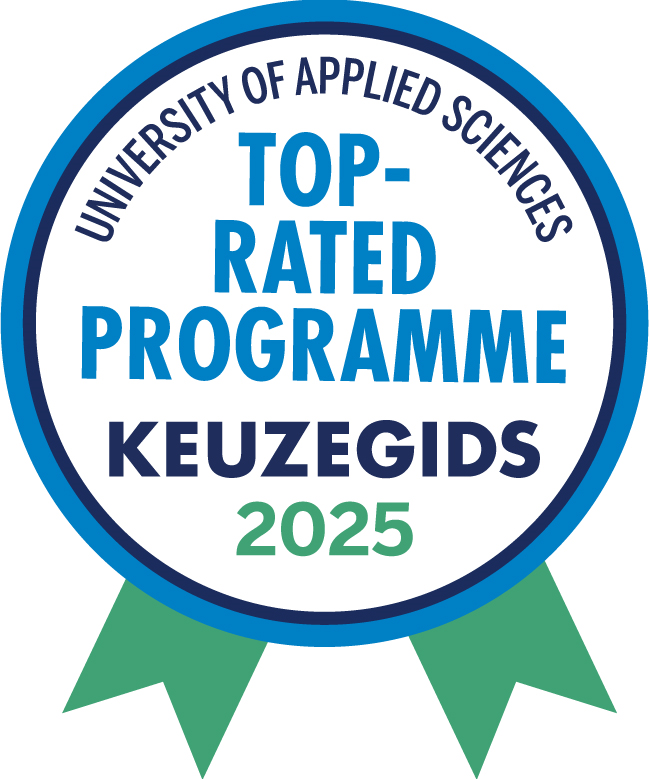

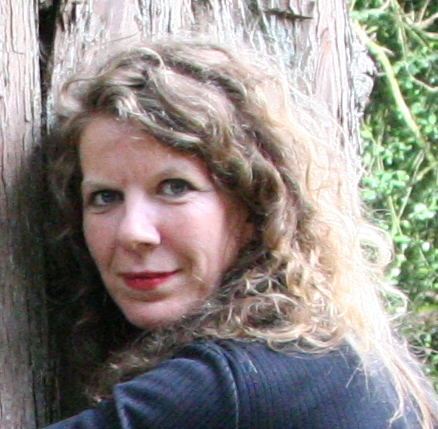





-Mark-Brants_vierkant.jpg)

